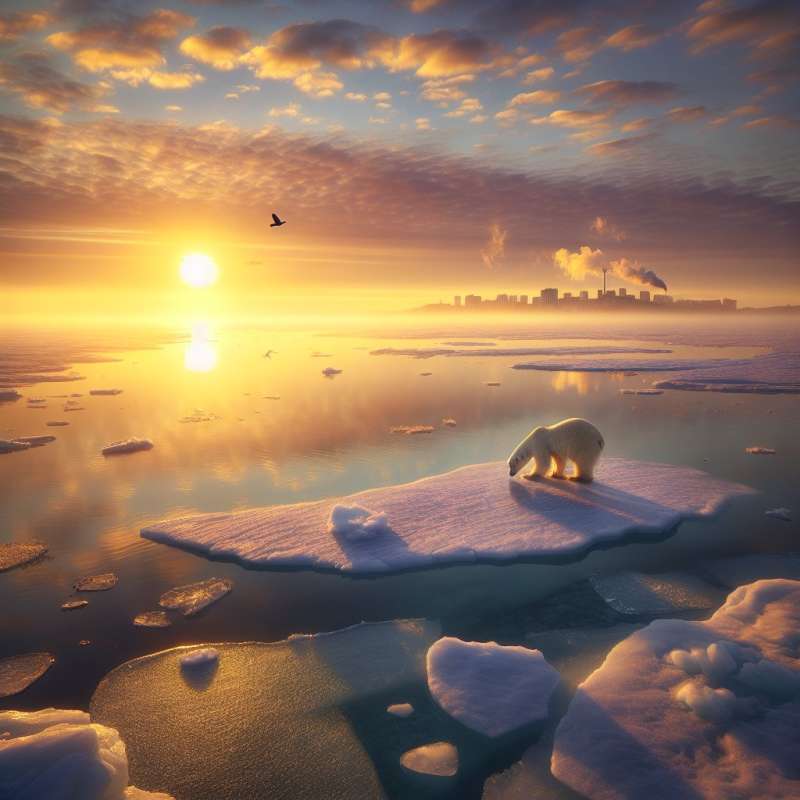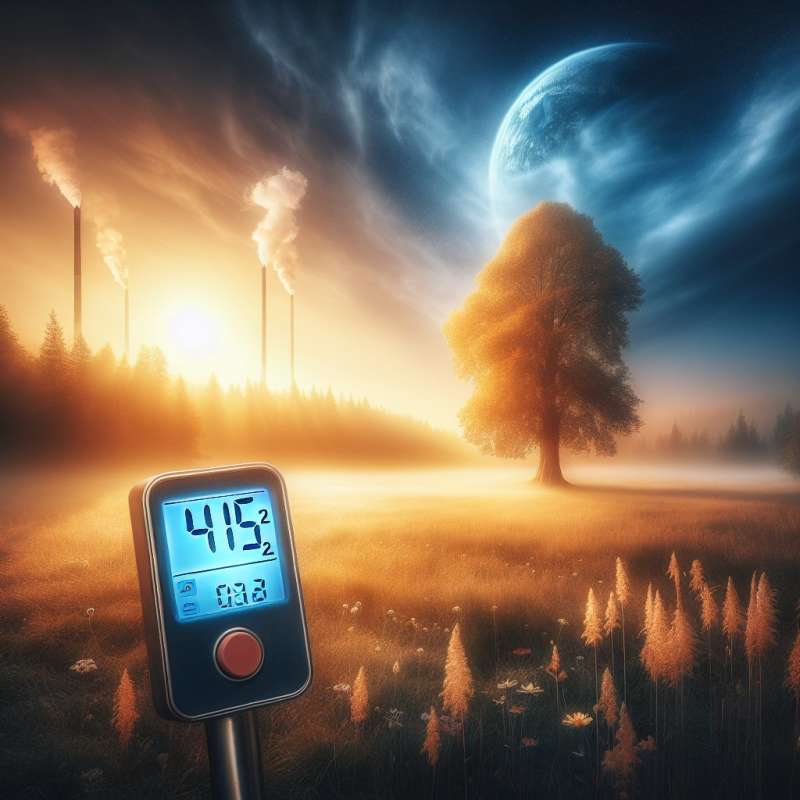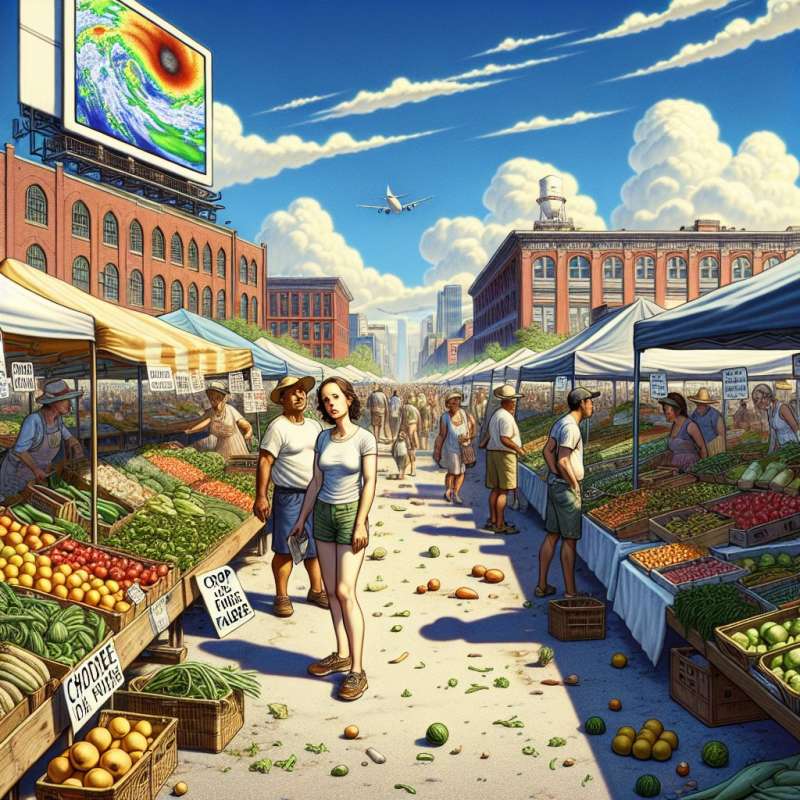
Climate Change Defined
Climate change encompasses global temperature rise, shifting wildlife populations and habitats, sea levels rising, and increased frequency of extreme weather events. It's primarily driven by human activities, notably fossil fuel combustion.
Historical CO2 Levels
Current CO2 concentrations surpass 415 parts per million, a level not seen in over 3 million years. This rapid increase, mainly post-industrial revolution, correlates strongly with global temperature rise.
Oceans in Peril
The ocean absorbs vast amounts of CO2, leading to acidification. This disrupts marine life, affecting coral reefs, shellfish, and the entire food web. Ocean acidification is often termed climate change's 'evil twin.'
Permafrost's Hidden Threat
Thawing permafrost releases methane, a potent greenhouse gas. This feedback loop can potentially release gigatons of carbon, exacerbating global warming and altering ecosystems permanently.
Irreversible Changes
Climate change can trigger irreversible impacts, such as the loss of ice sheets, which would result in meters of sea-level rise, and the potential disruption of the Atlantic meridional overturning circulation.
Economic Impacts
Climate change could cost the global economy $23 trillion by 2050. Extreme weather events, food supply disruptions, and health crises are major contributors to economic losses.
Mitigation Strategies
Mitigation includes transitioning to renewable energy, reforestation, carbon capture technologies, and changes in agriculture. International agreements like the Paris Accord aim to limit global warming to well below 2°C.
What primarily drives climate change?
Natural weather patterns
Human activities, fossil fuels
Volcanic eruptions only
Company